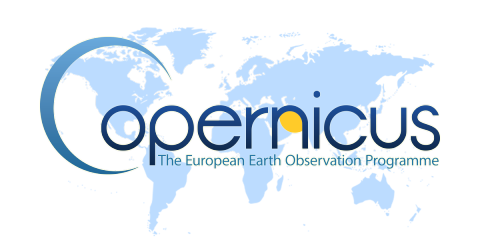In early 2015 the European Union launched the Copernicus programme. With an initial funding of 87 million euros, the objective of this programme is to develop a European system for monitoring the Earth.
Copernicus, coordinated and managed by the European Commission, consists of a complex set of systems which collect data from multiple sources: satellites, ground, airborne and sea-borne sensors. This information is processed to provide reliable and updated information to users. These services address six thematic areas: land, marine, atmosphere, climate change, emergency management and security. The main users of these services are policymakers and public authorities who need this information to develop, among others, environmental policies. Moreover, these services will also be available to develop specific added-value services and products for other users (public or commercial). All services will be provided free of charge to users.
The climate area incudes the Service C3S, managed by the ECMWF:
This Service, which cuts across all other Copernicus Services, will deliver substantial economic value to Europe by:
· informing policy development to protect citizens from climate-related hazards such as high-impact weather events
· improving planning of mitigation and adaptation practices for key human and societal activities
· promoting the development of new services for the benefit of society
This Service includes the Evaluation and Quality Control (EQC) projects, which aim to evaluate the development of climate services C3S. Specifically, the project QA4Seas aims to develop this quality control to a seasonal forecasting multi-model (set by models provided by different suppliers) developed within C3S. Predictia participates, in collaboration with other institudions, in the development of QA4Seas under the coordination of the Barcelona Supercomputing Center (BSC). Its results will be available on the Climate Data Store .

